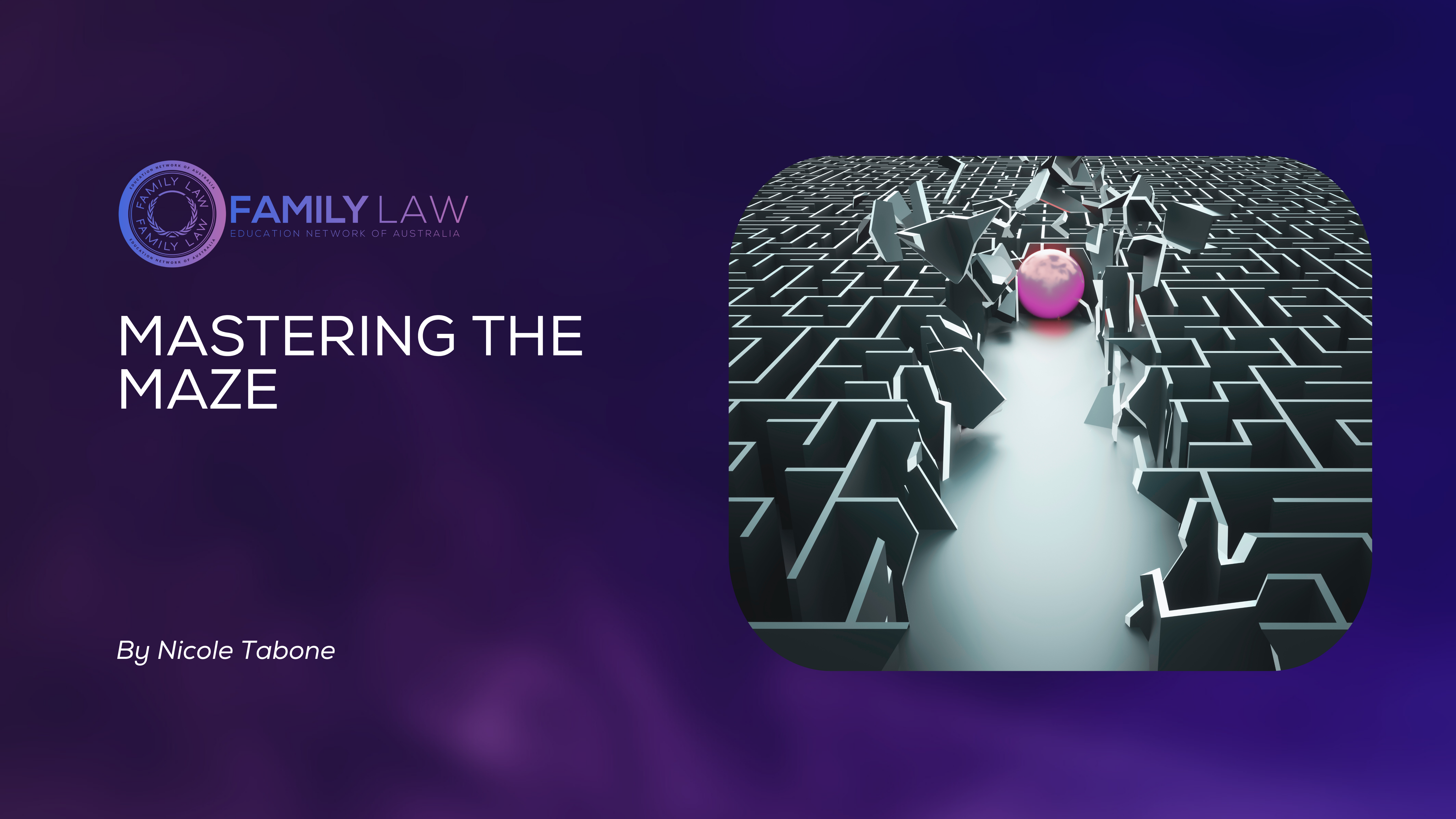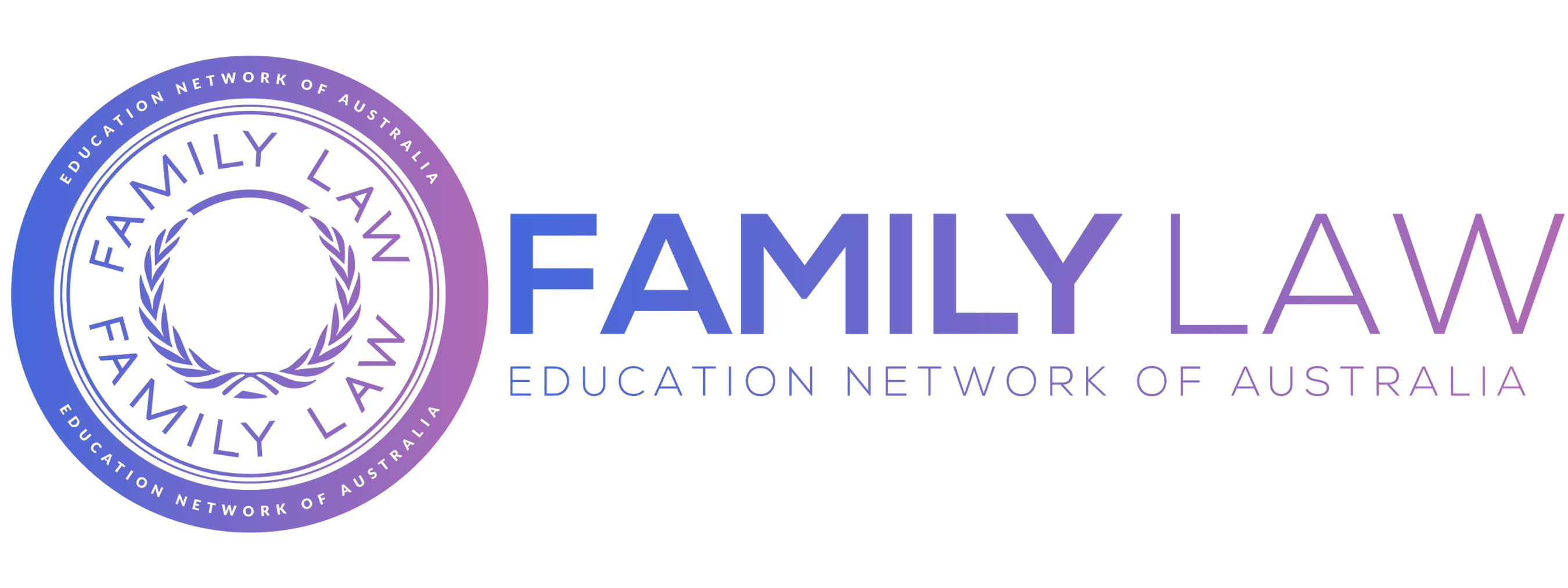
Ensuring case success: why preparation is important
“The respondent has had more than ample opportunity to put before the Court evidence relevant and supportive of her case. Her lack of care in the preparation of her case is staggering… It all seems a bit too hard for the respondent to be bothered with. Yet she maintains she should be believed and that the applicant is the one who has put lies before the Court.
While the Court would prefer to take the view that the respondent is simply careless in her evidence and preparation of case, the carelessness is so gross that it amounts to wanton carelessness, and even deliberate obfuscation.
Where the evidence of the applicant and the respondent are in conflict, the Court has preferred the evidence of the applicant.”
Obradovic J in Thanos & Thanos (No 2) [2024] FedCFamC2F 677 at 137 – 139

Preparedness for Final Hearing starts from the moment you meet your client; it is the conversations you have about their obligations, s 95 of the Family Law Act and the way they manage their matter. So what happens when the client is set on running their matter contrary to the Overarching Purpose?
The matter of Thanos & Thanos is a clear example of a matter where a client refused to engage in proceedings in a manner consistent with the Overarching Purpose.
Judge Obradovic acknowledged in her judgement that a “significant matter in the proceedings has been the respondent’s (the wife) attitude to full and frank disclosure, her less than adequately prepared case, and consequential lack of capacity to understand the parties’ financial positions due to this lax attitude towards appropriate disclosure” (at 10).
This was not a matter of a party who did not understand the financial circumstances due to a lack of involvement. It was quite the contrary with the wife being the legal owner of the parties’ real property assets and holding several accounts in her name which were the source of questionable transactions.
In fact, on the respondent’s own evidence she “handled the parties’ finances almost exclusively” (at 66) due to the husband’s alleged reckless spending habits.
Ultimately the Court found the wife to be an unreliable witness, non-compliant with the legislation, the rules and Orders of the Court and, on matters in dispute between the parties preferred the evidence of the Husband.
What can we learn from Thanos & Thanos?
The matter of Thanos & Thanos is a good reminder that if a client is unprepared to comply with the Overarching Purpose you should withdraw as their lawyer.
The Court requires practitioners to act in accordance with the Overarching Purpose and your obligation to the Court remains your primary obligation.
Is there anything practical that may have assisted?
From the Judgement, it is clear that the solicitors at Final Hearing were not the wife’s first solicitors on record. In fact the wife, at times, sought to blame her former solicitors for the deficiencies in her case.
We do not know what advice the solicitors may, or may not have provided the Wife in the matter and the solicitors likely took all steps to better prepare the Wife’s case. Notably, no personal cost order was made against the solicitor indicating the solicitor had not erred in their obligations.
In my experience, a good approach with clients like this is to:
- Prepare written advice informing the client, in no uncertain terms, of the consequences of their actions.
- Put your client on notice that if they continue with their course of conduct you will withdraw from the matter.
- Withdraw from the matter if the client continues with the course of conduct.

Other Key Takeaways
- The Family Court, like all Courts of Equity, prefer a client with clean hands. Your client’s actions, or lack of action, can have serious consequences to their credibility and overall likelihood of success.
- The Wife’s case appeared from the judgement, at times, difficult to follow from a legal perspective, likely due to her lack of disclosure. When preparing a case for Final Hearing it is important that it follows a logical framework to ensure that your client’s position is fully understood.
- Your primary obligation is to the Court – if your client is behaving in a manner which means you cannot do your job properly get out.

